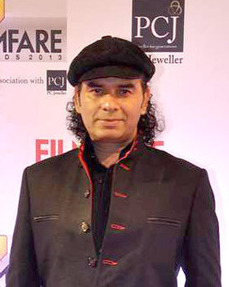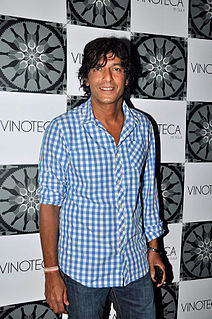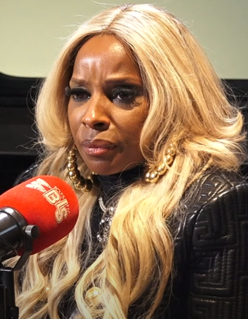A Quote by Chitra Banerjee Divakaruni
We even had a different word for Christmas in my language, Bengali: Baradin, which literally meant 'big day.'
Related Quotes
Christmas means a great deal to me. I was reared in a family that celebrated Christmas to some extent, but I married into a family that celebrated Christmas in a big way. And my wife always made a big thing of Christmas for the children. We have five children, and we had a terrific time at Christmas.
There is something false in this search for a purely feminine writing style. Language, such as it is, is inherited from a masculine society, and it contains many male prejudices. We must rid language of all that. Still, a language is not something created artificially; the proletariat can't use a different language from the bourgeoisie, even if they use it differently, even if from time to time they invent something, technical words or even a kind of worker's slang, which can be very beautiful and very rich. Women can do that as well, enrich their language, clean it up.
When I`m going to do a Christmas album I had to put my mind in Christmas mode. I had to go back to being a child and remembering all of that. When I go to do a project, I'm serious about it, so I wrap my world around it, and it becomes Christmastime for me and I'm singing songs like it's Christmas day.
Sound words can't be understood through formal study of the language alone. They're felt when you immerse yourself in the culture or lifestyle that becomes a part of you. The Japanese language is abundant with onomatopoeia. Even though I've lived in Japan a long time, sound words are still an uncertain territory. And I think new words are being created every day. Even when I don't know a word I can sometimes connect it to a meaning using the sensations produced by the sounds, which feels like I'm playing with words.



































